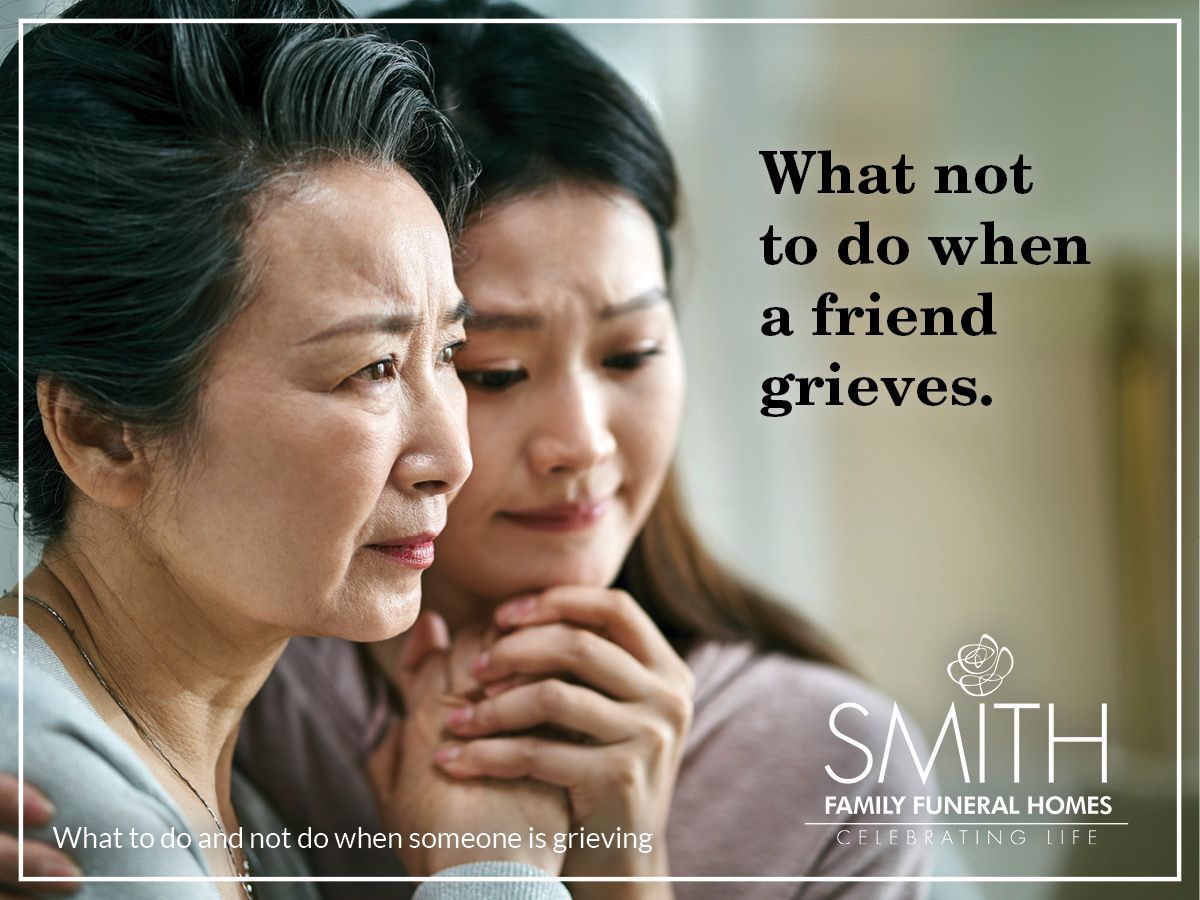
There are hundreds of decisions to make when planning a loved one’s funeral. One such decision is who will speak throughout the service. Who should you choose? First, you’ll need to know what roles you have to fill.
Who Speaks at a Funeral?
1. Funeral officiant
The main person who will be speaking throughout the funeral is the funeral officiant. The funeral officiant leads the service. It’s a common misconception that the person who leads a funeral is simply the funeral director. Although some funeral directors can also be available as the funeral officiant, the officiant and director are often not the same person. The funeral director has many other duties on the day of the funeral, and it’s often quite difficult for them to fill both roles.
For many religious celebrations, the funeral officiant is a member of the decedent’s church’s clergy. If the decedent was not a member of a church, but they still wanted a religious funeral, a clergy member of another church may be asked to perform the duties. However, in the case of a secular funeral, a certified celebrant may be hired to fulfill the role of funeral officiant. A certified celebrant will have undergone training on how to lead a funeral and how to tailor it to the life of the decedent.
There are no laws about who may be the funeral officiant, and on some occasions, a friend or family member may be asked to fill the role. However, it’s worth noting that this request should only occur if the person being asked has knowledge of their duties. Someone unfamiliar with leading funerals may find the task difficult, especially if they were close to the decedent. Ideally, the person filling the role of funeral officiant wouldn’t be someone in the decedent’s immediate family, as they will likely be too emotional to fulfill their duties. The person chosen for the role must also be comfortable with public speaking for long stretches of time.
2. Eulogists
Although it was once more common for there to just be one person delivering a eulogy at a funeral, it’s now more often that you’ll find several eulogists. A eulogy is a speech meant to honor and memorialize a decedent's life, often through stories. This speech paints a picture of who the decedent was beyond the information you may find in their obituary. A eulogist is most often someone who was very close to the decedent, such as a close friend, a significant other, or a child.
During religious celebrations, the eulogist may be a member of the clergy. However, because there can be more than one eulogy, a close friend or family member may still give an additional speech. If no close friend, family member, or clergy member gives the eulogy, it may be given by the officiant.
In the case of someone who was close to the decedent giving the speech, it’s important to consider their emotional ability to perform the task. It should not be assumed that anyone will deliver the eulogy. If you’re planning a funeral for a loved one, you should speak to those you are considering for the eulogy and ask if they feel up to the task. Remind them that it’s perfectly acceptable to say no. Eulogies are very emotional speeches and require the speaker to be comfortable standing in front of a crowd for up to 10 minutes. If anyone feels that they will be too emotional to speak or are uncomfortable speaking for that long, they should not be a eulogist. However, it’s also a good idea to have someone on hand on the day of the funeral who feels comfortable going up and completing a eulogy should someone who was chosen to be a eulogist become too overcome with emotion while trying to give their speech.
3. Readers
If someone wants to speak but does not feel comfortable performing a eulogy, they may be able to be a guest reader instead. A reader, as their title suggests, does not perform a speech but instead reads to the audience. In the case of a religious funeral, they may read a passage from a sacred text. But any funeral may include the reading of a poem or book passage. Make sure that the readers have their text before the day of the funeral so that they can practice.
When you pick the speakers at your loved one’s funeral, make sure that your funeral director has a list of their names. The funeral director will work closely with whoever is chosen as the officiant to ensure that the funeral runs smoothly. But they’ll also need the names of the eulogists and readers to make sure that everyone is where they need to be during the service and has all the materials they need for their speeches or readings.
Smith Family Funeral Homes provides quality funeral, memorial and cremation services to the families of Central Arkansas. Their six locations can be found in Little Rock, North Little Rock, Westbrook, Sherwood, Benton and Arkadelphia. With a privately-owned crematory operated by licensed professionals, Smith Family Funeral Homes can guarantee their high standard of care throughout the cremation process. To learn more, visit smithfamilycares.com.












